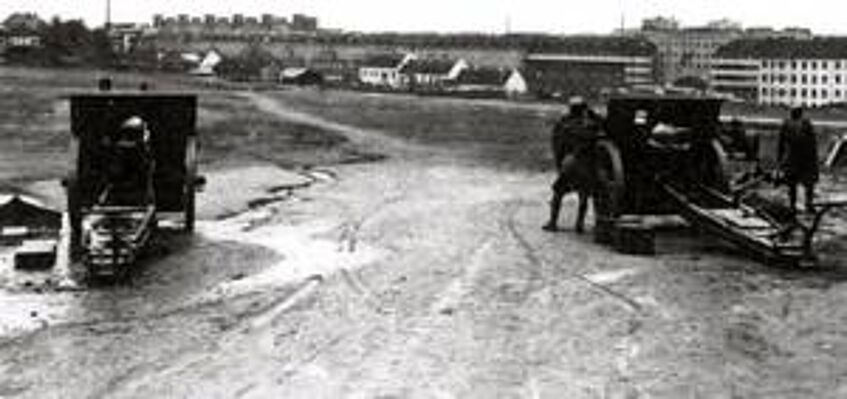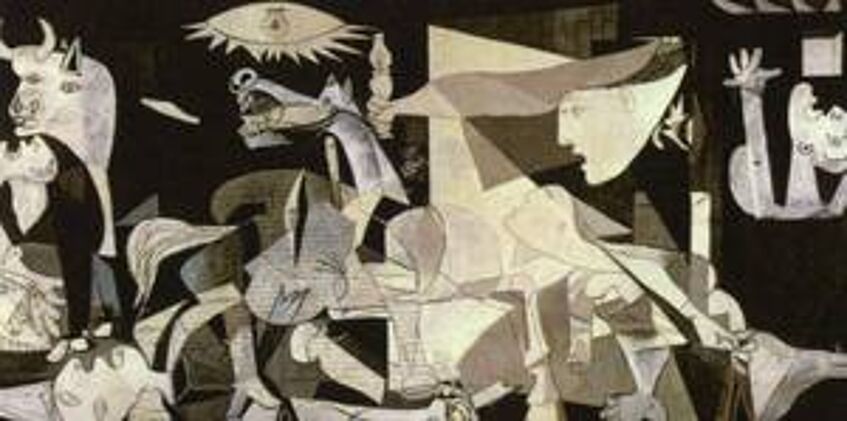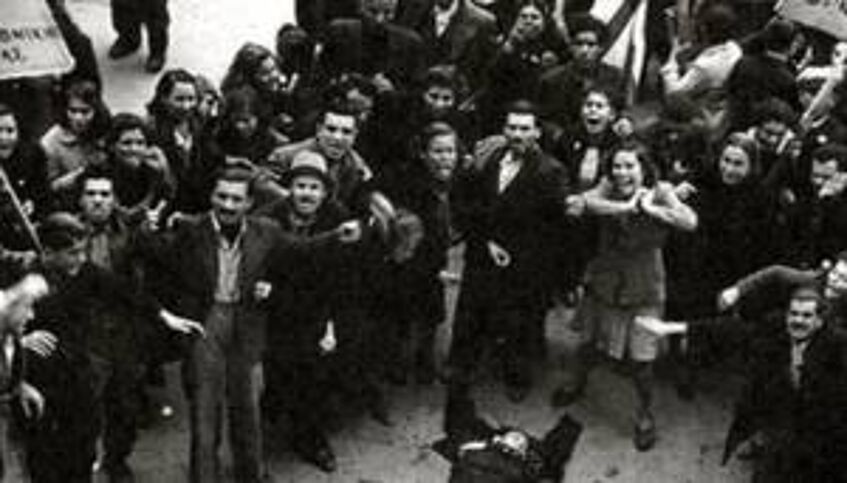Conference
Post-Civil Wars
Comparing Austria, Spain and Greece
The global historical perspective on WWII (1939–45) and the Holocaust often overshadows the fact that before, during and immediately after, civil wars took place in several European countries. This also holds true for the phases of open intra-state violence in Austria (Schutzbund Rising of 1934), the Spanish Civil War (1936–39) and the Greek Civil War (1944–49). These confl icts varied considerably in duration and in the number of victims, and it is not always easy to single out factors of strong external intervention, ideological imitation and long-lasting internal tructures of confl ict analytically.
The present conference – the fi rst one dedicated to such a comparative approach – will follow two main aspects. On the one hand, a re-assessment of the “longue durée” of societal and political cleavages from violent events in the 30s and 40s and their causes to the Post-Wworld will clarify the diffi culties in overcoming societal division lines by institutional and political provisions. The Austrian social partnership system, the delayed or disrupted transition to democracy in Spain Greece and the difficulties in coming to terms with the respective past in all three countries will be discussed in this context. On the other hand the lasting eff ects of harmful experiences stored in individual as well as collective memories (or taboos) shall be outlined, possibly revealing why – even after two post-war generations – in some geographically distant, but economically and politically converging European states the political cultures remain divided.



